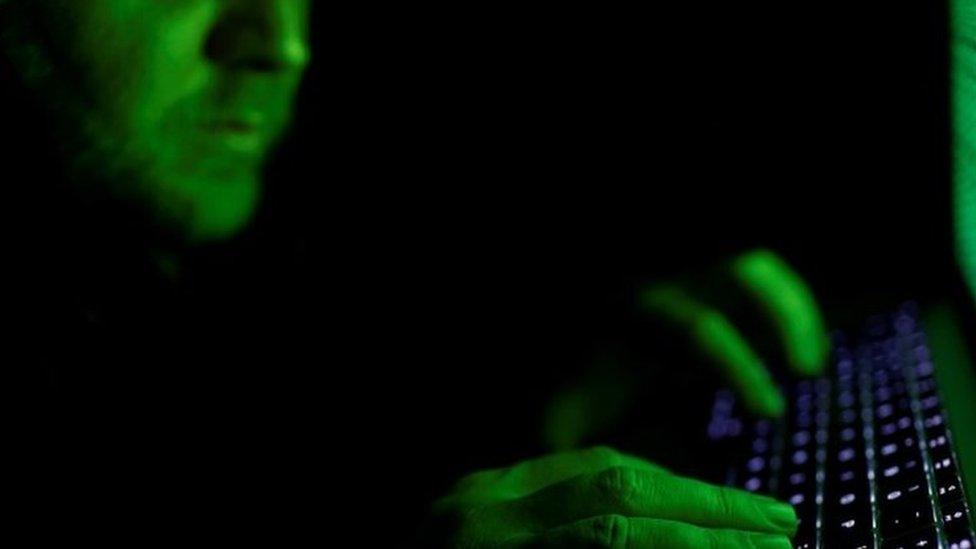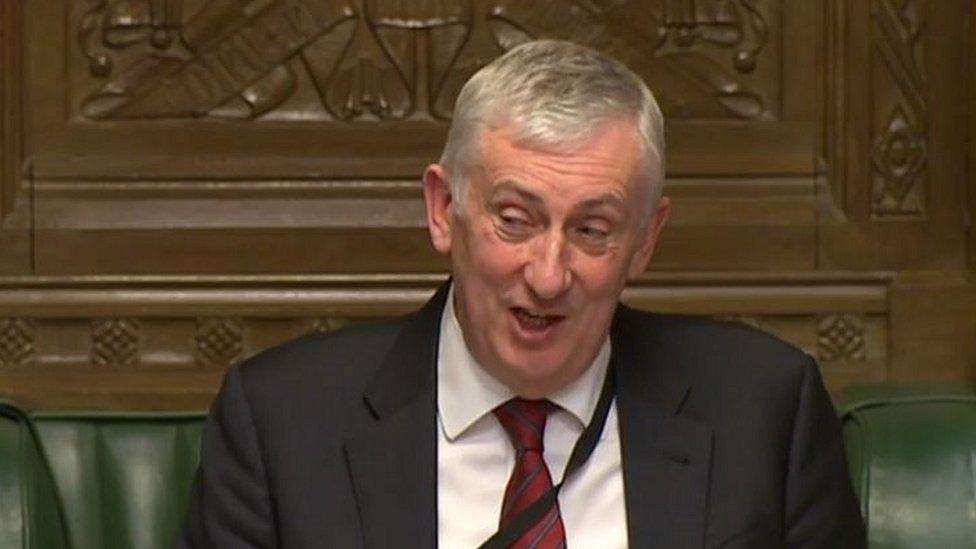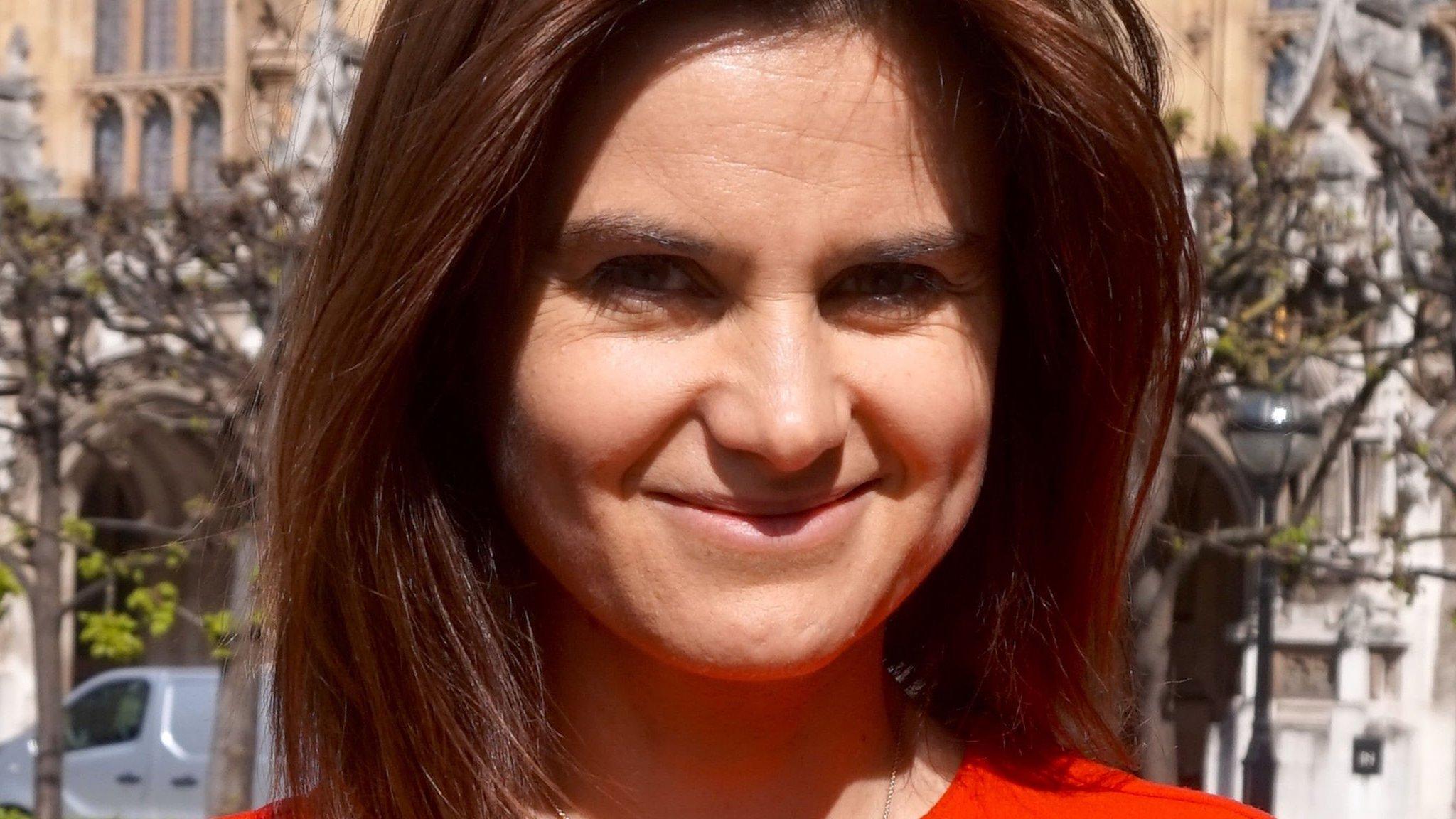Jewish and Muslim women MPs 'face most abuse'
- Published

MPs are facing an increase in threats and abuse on social media, with Jewish and Muslim women the top target, the deputy Commons Speaker has said.
Lindsay Hoyle said it was damaging democracy and could deter women from certain backgrounds from becoming MPs.
He called on social media companies to take swifter action to remove offensive posts or face legislation.
And he said Parliament had set up a team to monitor online abuse and support those being targeted.
He was giving evidence to the Home Affairs Committee, which is investigating hate crime in the wake of the murder of Labour MP Jo Cox by a constituent in June last year.
Mr Hoyle said more MPs were reporting threats of physical violence against them and their staff in their constituencies - and he would shortly be publishing the results of a survey investigating the problem.
Eric Hepburn, Parliament's director of security, said MPs had been given Home Office advice on how to protect themselves - but Conservative committee member Nusrat Ghani told him it did not reflect the work of a constituency MP.

Lindsay Hoyle said social media companies had to take action
On social media abuse, Mr Hepburn said: "We certainly work very closely with the social media companies, and we have flagged up to them, and we have advised members as well to flag up to them, content which they consider to be unacceptable and which should be taken down."
Asked by Ms Ghani if social media companies' failure to remove posts quickly enough was undermining the safety of parliamentarians, Mr Hepburn replied: "I think that's a conclusion that I could probably draw, yes."
Mr Hoyle, who chairs Parliament's consultative panel on security, said the situation "undermines democracy" because politicians had to be available to the public and did not want to become "virtual" MPs.
He said that when MPs spoke in emotive debates in the Commons, such as on badger culls or abortion, it often sparked death threats and other threats of violence.
And research suggested women MPs - especially Jewish and Muslim ones - received more threats than men and were particular targets of abuse from both the "far right" and the "extreme left".
Mr Hoyle said Parliament was working with them to help them deal with threats and get them removed.
Parliament also had members of staff dedicated to monitoring the response to controversial and emotionally charged debates on social media.
"General banter is fine. But it's about the level. Robust debate is good, but when that says, 'I'm going to come round and kill you,' that is more serious," said the deputy Speaker.
He said he would like to see an industry-wide code of conduct to prevent abuse, which "ideally" would prevent serious threats being published in the first place.
But at the very least, he added, he wanted social media companies to take down posts more quickly, warning them that they could face legislation if they did not take the problem more seriously.
- Published20 March 2017
